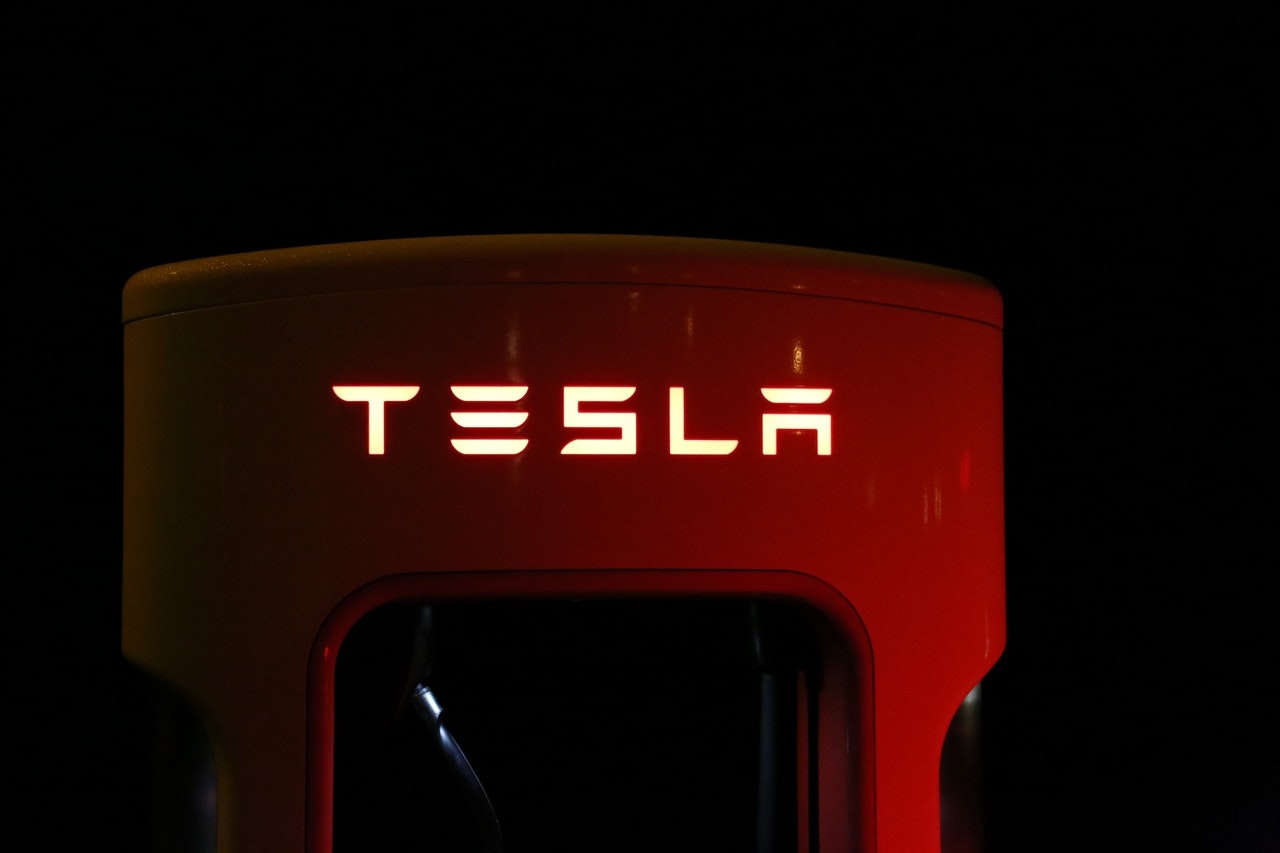As global supply chains grind to a standstill, Germany’s automotive industry, which has a gross production value of about €500 billion per year, is prepared for some potholes in the road ahead. It implies Tesla, which constructed Germany’s newest vehicle factory, could suffer the same issues that are currently plaguing German automakers.
Model Y production will begin at the massive new production site outside of Berlin before the end of the year, according to the American electric car firm. However, global aprovizioning launches have caused production lines in Germany to halt. “The issue is serious. Opt din zece companii, din toate sectoarele, raportează că au fost lovite”, a declarat Volker Treier, șeful comerțului internațional la Camera de Comerț germană.
“What’s more troubling is that nearly half of all businesses claim they’ve had to decline contracts or reduce production due to supply constraints in critical goods such as raw materials and industrial items.”
Germany’s economy set for hardship
Of course, this is a global issue, but due to the global character of Germany’s economy, it may suffer considerably larger difficulties than other countries. “The German economy is worldwide connected in a way that no other country’s economy of comparable size is,” Treier added. “Our export quota is around 50% of our Gross National Product. In Japan, for example, it isn’t even 20%. Naturally, in such a condition, we become vulnerable “.
Germany’s economy is often referred to be Europe’s engine. The hope was that once the grip of the COVID-19 pandemic on the economy had relaxed, the engine would shift into gear fast, but supply chain issues have put sand into those gears. “Recovery is hampered by delivery difficulties. We’re getting back on our feet, but it’s taking a lot longer than it should “Treier continued.

